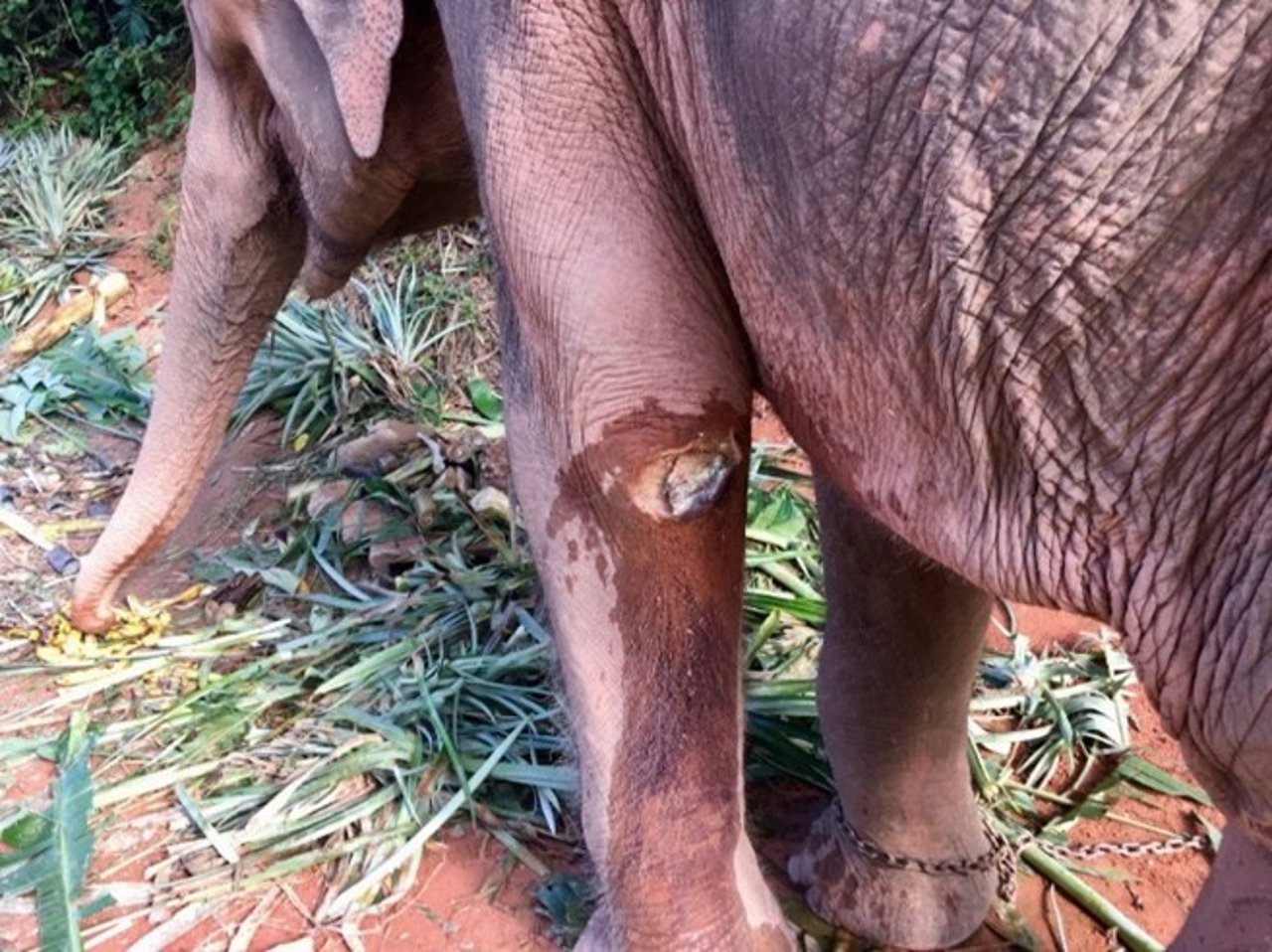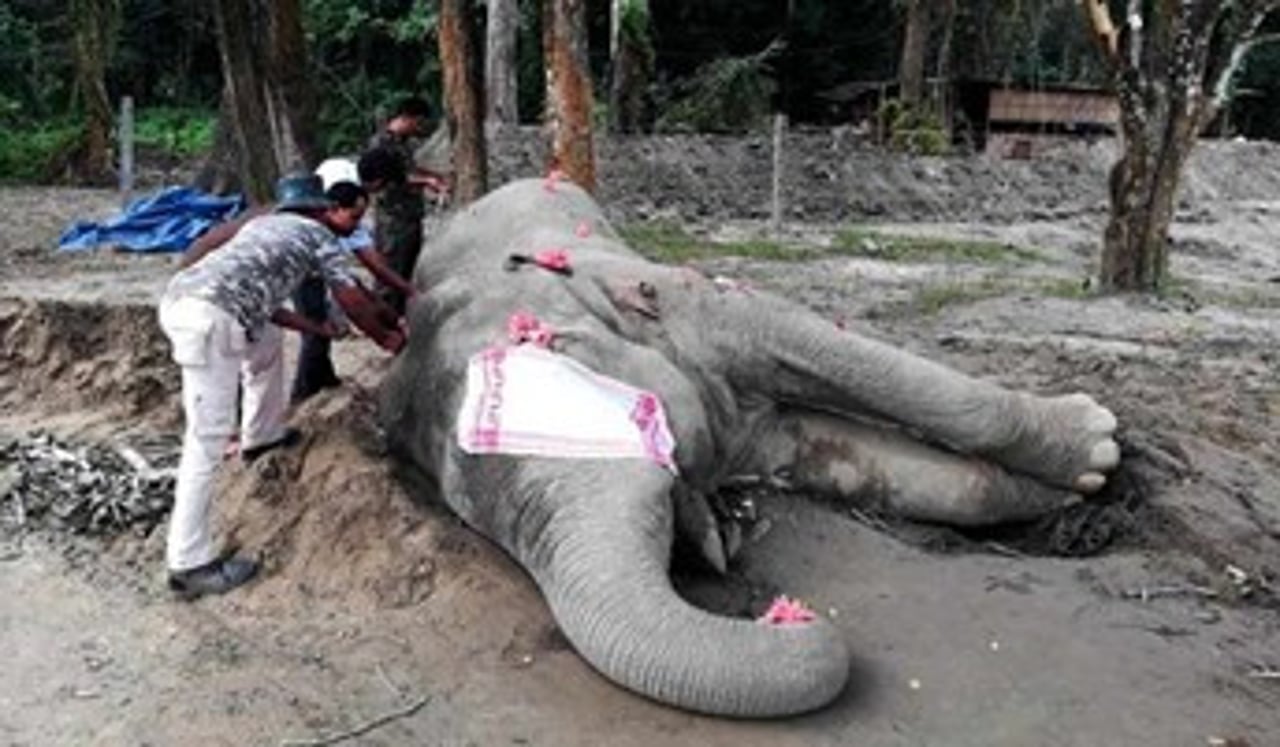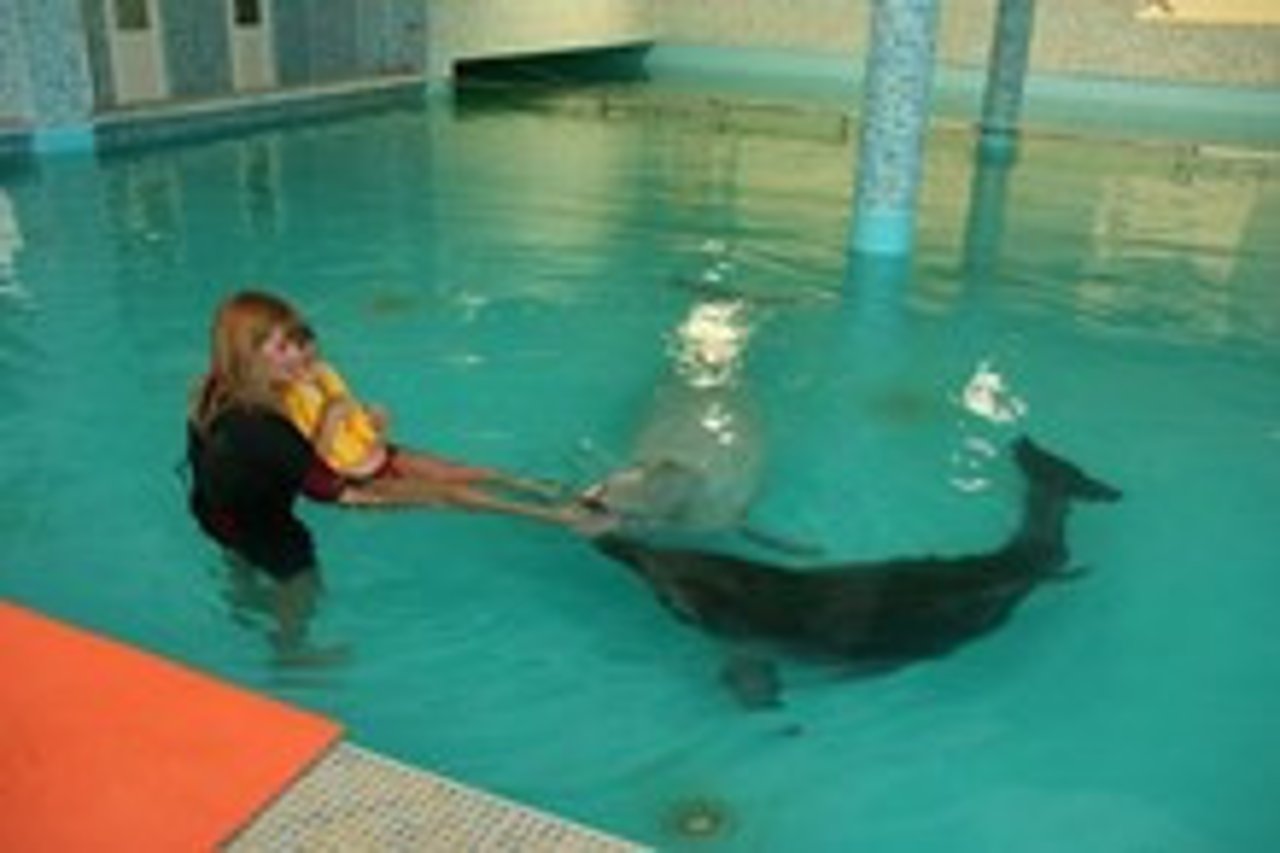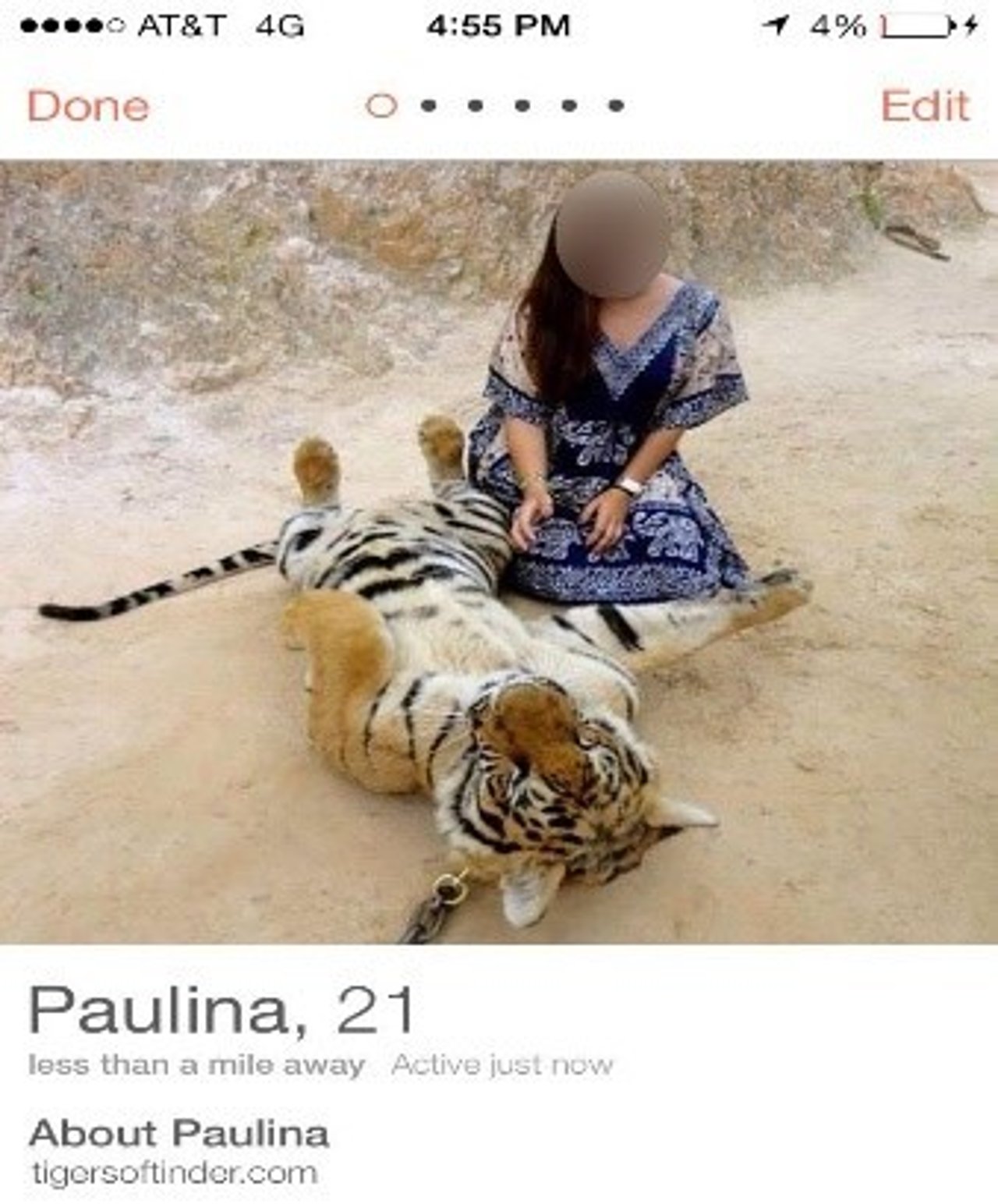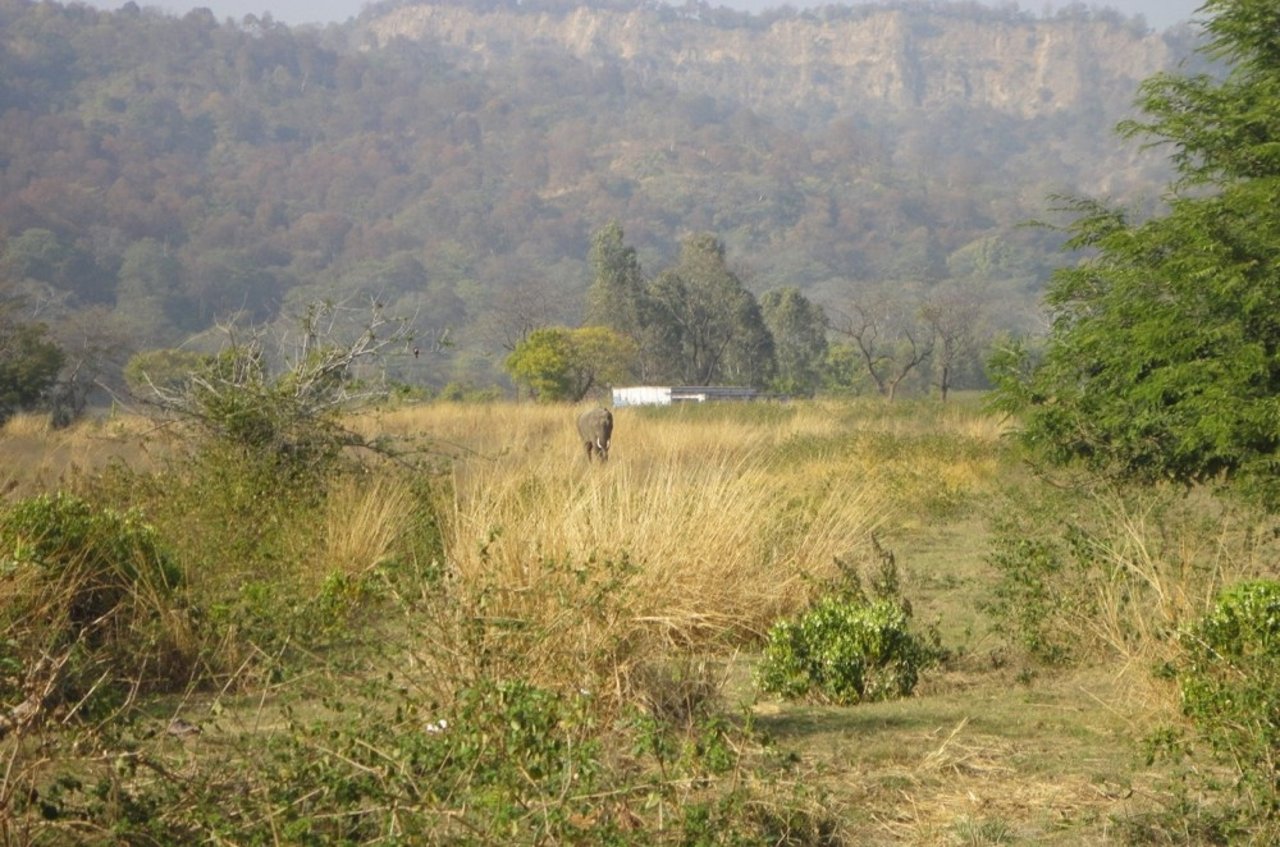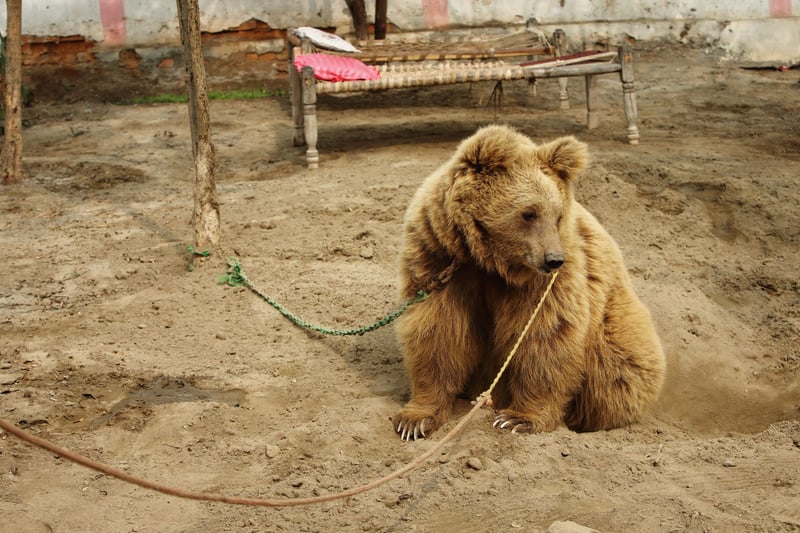
To make the tourism business profitable, about half a million animals have been kept captive, and they live in suffering, spending their lives away from home and family.
With travelling becoming more accessible, there has been a spike in travel and animal tourism has been a major attraction. However, many people understand unethical wildlife tourism, many who knowingly or unknowingly participate in these activities. To make the tourism business profitable, about half a million animals have been kept captive, and they live in suffering, spending their lives away from home and family.
Gentle Giant Rides
Bringing elephants from the wild and breaking their spirit by starving them, beating them and leaving them with no choice but only to obey trainers' orders for entertaining humans has been part of many tourist hotspots (majorly in South-East Asia). The mahouts use various kind of spikes and rods and hit on the elephant’s head to keep them on track. As most of the travel happens during summer, the elephants suffer from feet boils and infections. They lead to amputation if untreated leaving the elephants disabled for their entire lives.
Picture Credit – Save Elephant Foundation
Many elephants live in poor living conditions, and many die while shuttling tourists. Some mahouts take illegal ownership of elephants and abuse them by beating them for fun, drilling holes in their ears, and cutting tusks, resulting in severe infections and suffering.
Picture Credit – The week (died five days after captivity)
Dolphin’s Smile - Nature’s greatest deception
A Dolphin’s Smile is one of nature’s greatest deceptions, making an optical illusion that makes us think they are happy, according to dolphin campaigner Richard O’Barry.
Dolphins are kept in shallow pools filled with chlorine. They are kept hungry during the shows, and they have to undergo such suffering just for a piece of dried fish at the end of the show.
Picture Credit – Centre of Dolphin Therapy
Dolphin Therapy has become a profitable business to enhance people’s well-being at the dolphin’s health cost. There are places to pet, play and swim with the dolphins in a confined area.
King in the Jungle, Pawn in a cage
Exploiting big cats has never been new, and that is why we are witnessing how endangered tigers are. It has become a trend to take selfies with tigers to boost the false prestige on social media. To avoid tigers attacking humans, they are declawed, drugged and even punched at times. If any baby tiger is born, they are taken away from its mothers and kept in a different cage, and the same fate follows the baby tiger.
Picture Credit – Smithsonian Magazine
When tiger selfies were rampant on social media, Tinder has banned it and mentioned that it would donate $10,000 to Project Cat, a tiger protection partnership between Discovery Communications and the World Wildlife Fund, in honour of International Tiger Day.
Wild vs Captive
Animals are just like humans; they move into groups of individuals who are family members. They have close ties and rely on strong social bonds, share food, communicate and move around freely and live longer in the wild than in captivity.
Dolphins have a strong social connection with individuals, and some species live up to 70 – 90 years in the wild. They are quite active and swim up to 70- 200 km per day. Elephants live in large family units, and they also mourn for days when a family member or a friend dies. Wild elephants live up to 60-70 years of age. They walk up to 40 km per day in search of fresh food and water. Tigers roam in large territories alone and cover large distances in few months, searching for food and can jump as high as 20 feet and are physically very strong in the wild.
In captivity, they are in small groups of unrelated individuals, without good food, terrible living conditions, unable to move around freely, are depressed, and many a times abortions happen. Dolphins generally do not live more than 20 years in captivity. They are disturbed by loud noises and music during the shows. Elephants in captivity are deprived of the basic necessity of family and socialization and are often shuffled between facilities. They lack adequate exercise and are frequently chained and forced to live on hard surfaces, such as concrete. This results in severe joint pains and foot problems, and they die prematurely around the age of 40. Elephants have no natural enemies and are peace-loving in the wild, but they turn quite aggressive in captivity. It is often confused that tigers in captivity are for species conservation, but they are much stronger and genetically diverse in the wild raised by tigress than humans. They are weak in captivity and lethargic, which is quite the opposite of a big cat in the wild.
Choosing responsible Animal Watching
As animal lovers, we cannot resist watching them; the best alternative would be choosing other alternatives such as sanctuaries and wildlife-friendly safaris.
Chandramouli Thakur at Miles Tourism which offers wildlife tourism, wildlife photography in Eastern India, has shared his thoughts on wildlife captivity. He says sensitivity towards animals should start from schools in the form of education and believes instead of taking them to a zoo; they should be encouraged to visit the sanctuaries. They follow strict guidelines while they take their tourists to the wild. They are usually accompanied by highly trained guides who understand the rules of forests.
He believes that wildlife tourism should not be a money-making business but provide a rich experience and learning to tourists and make them sensitive to respecting animals and make them aware of ethical wildlife tourism.
Recently, in 2021, several companies have signed the wildlife-friendly tourism pledge of World Animal Protection in India to move away from promoting wildlife in entertainment to promoting ethical wildlife-friendly practices. These companies include 1000 Islands Hotels and Resort, Wolf And Company, Miles Tourism, Pinks Travels, Ichhedana – Wings of Desire and The Flapper Life. All these companies are bound by the ethic of compassion and appreciation for wildlife and the natural world and have come forward to promote sustainable and responsible wildlife tourism practices.
World Animal Protection was also recently invited to the ceremony of the Hem Chandra Mahindra Foundation Wildlife Warrior Awards organised by Saevus magazine to recognize the contribution of forest guards working silently across the country to safeguard wildlife in natural habitat. The recipients of the award on 3rd April 2021, as selected by a Saevus magazine nominated panel, include :
Awardees from Desert National Park :
1. Durgaram
2. Danveer
3. Hajara Ram
4. Kamlesh Kumar Jani
Awardees from Manas:
1. Jaydev Narzary
2. Amit Boro
3. Lachit Borgoyari
4. Manu Pathak
5. Pranjal Talukdar
6. Buddhiswar Boro
7. Jaisron Basumatary
8. Jatin Brahma
World Animal Protection acknowledges the valuable contribution made by Saevus magazine in promoting compassionate conservation and cherishing wildlife where it belongs, in the wild.
Picture credit – Shivani Vishwanathula at Jim Corbett National Park
The best way to campaign against cruel wildlife tourism is not to buy tickets in unethical wildlife tourism organisations by raising awareness on wildlife in natural habitat compared to wildlife in captivity, spreading awareness, and supporting organisations working on ethical wildlife tourism.
About the Volunteer
Shivani Vishwanathula-- Volunteer
Shivani Vishwanathula is a Public Health professional and a Nutritionist with experience in working with the government and international NGOs. She is a nature lover from Hyderabad, India who believes in justice for all animals, condemns animal testing, commercial mistreatment and factory farming. She is also a blogger who is passionate about plant-based diets, minimalism and intentional living. She hopes to start her own social enterprise that produces sustainable products.
Animals are just like humans; they move into groups of individuals who are family members. They have close ties and rely on strong social bonds, share food, communicate and move around freely and live longer in the wild than in captivity.
